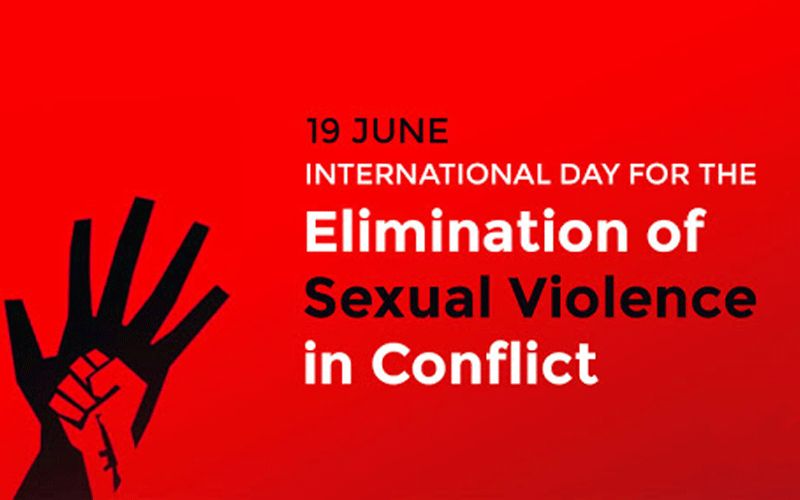Juba, 19 June, 2020 / 9:30 pm (ACI Africa).
On the International Day for the Elimination of Sexual Violence in Conflict, church leaders in South Sudan have denounced conflict-related violence in the Eastern Africa country and appealed to those responsible for such violence to return abducted women and children used as sex slaves “to their respective communities.”
“On the occasion of the International Day for the Elimination of Sexual Violence in Conflict, the Church in South Sudan through the South Sudan Council of Churches (SSCC) stands united in strongly denouncing conflict-related sexual violence,” the representatives of the various churches in the world’s youngest country have said.
In their Friday, June 19 collective statement obtained by ACI Africa, the church leaders “urge community leaders, armed youth and local militias to return abducted women and children to their respective communities without delay and refrain from using sexual violence to settle localized disputes.”
The statement was signed by Archbishop Stephen Ameyu of the Catholic Archdiocese Juba as well as leaders of South Sudan Presbyterian Evangelical Church, the Presbyterian Church of South Sudan & Sudan, Sudan Pentecostal Church and the Africa Inland Church.
They condemn the use of sexual violence during intercommunal conflicts and emphasize the sacredness of human life.








